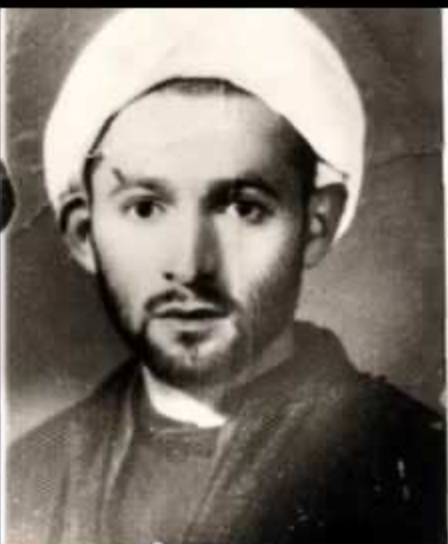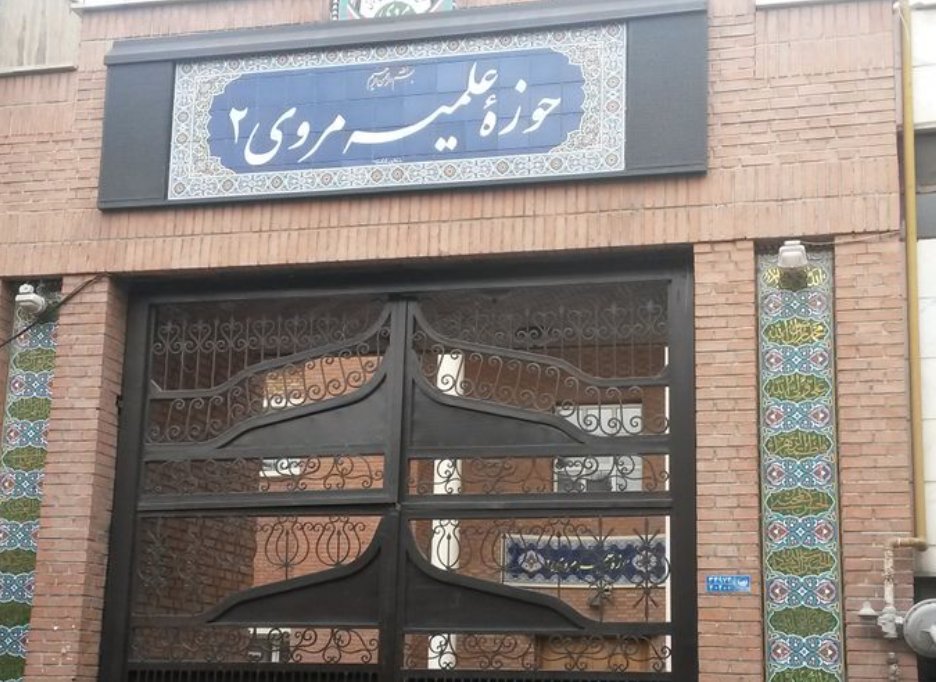An addition to #AkbarianStudies and #KashaniStudies (I wish people who stop Arabising his name) who has been broadly neglected since #Izutsu 1/ 







The argument for #Kashani Sunnism is somewhat odd completely ignoring the question of #walaya and the debate on #SealofSaints - generally the life is not well presented 2/
Similarly on works, Pablo Beneito isn’t the only one who questions the ascription of Lata’if al-i’lam to #Kashani - the works need to be more careful considered 3/
The main text comprises two chapters on huwiyya (which in the monism of the #Akbarian school ultimately is God) one on #IbnArabi and the other on #Kashani and he correctly points out differences 4/
The #Tawilat of #Kashani is actually - as Lory and others show - the site for some of the key differences with #IbnArabi 5/
#Kashani may have condensed and presented a pedagogical introduction to #IbnArabi but some of the nuances of difference are significant 6/
The conclusion then seems to involve itself in somewhat unnecessary polemics defending #Kashani against perceived slights 7/
Nevertheless this is a welcome addition and if it encourages others to study #Kashani further well and good and critically examine the notion of a standardised #Akbarian tradition 8/
• • •
Missing some Tweet in this thread? You can try to
force a refresh
















